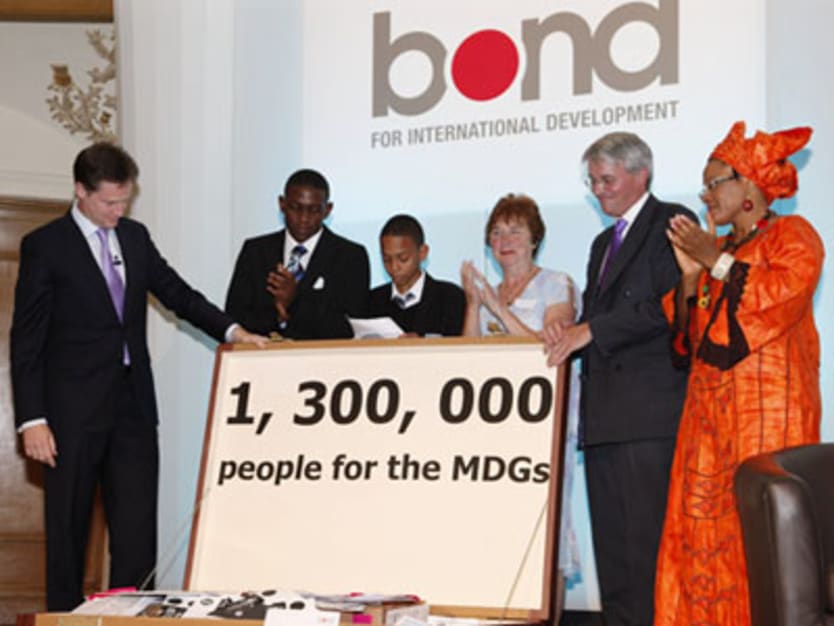
British NGOs share the Independent Commission on Aid Impact’s concerns over DfID’s “unrestricted” funding mechanism for civil society partners, and call for clearer objectives.
“We welcome the comments about setting clearer objectives for PPA funding as a whole, and ensuring that the assessment process is designed to ensure the best chance of meeting them,” Bond, a network of U.K.-based aid groups, told Devex.
While the organization itself is not a recipient under the current funding round, 31 of its members hold grants under the Department for International Development’s program partnership arrangement.
The report published on May 17 noted that the current PPA round encourages freedom and innovation among civil society, allowing them to use the funds as they see fit in their programs.
But by not aligning the funding mechanism to its results framework from the beginning, DfID failed to set out what development outcomes it aims to achieve through the PPA, leaving the task to civil society groups.
“DFID’s expected results from the PPA round were built from the bottom up, through decisions on individual applications, rather than as part of an overall strategy … Our view is that DFID should have set out which strategic priorities it wished the PPAs to contribute to first, then ensured that the individual CSOs’ objectives matched these,” the report said.
Funding allocation
The report also questioned DfID’s funding decisions under the program. The current model the agency uses in determining the level of funding for applicants were “not based on clear and objective criteria.”
In fact, according to the British aid watchdog, NGOs said they were in the dark on the amount of funding on offer and were never part of any negotiation or discussion about it.
The lack of clear criteria for funding and discussions have made funding unpredictable for many aid groups. Some see their funding increased and more than doubled, while others received less than what they were hoping for.
“A more transparent and predictable process would have real consequences for organisations themselves and by extension, most importantly, for aid beneficiaries,” said U.K. Aid Network’s Amy Dodd, who hopes ICAI will also explore the idea of including beneficiaries in its criteria in measuring the effectiveness of British aid.
“This is not to say at all that PPAs are not helping to do this, but for me the question always comes back to whether [U.K. aid] is producing positive, sustainable, long-term results in recipient countries,” Dodd explained to Devex.
The report also recommends DfID to develop a more strategic, transparent and fair process in CSO selection and funding allocation, as well as extending the PPA round to more than three years, in case the agency decides to continue the funding mechanism.
Former U.K. Secretary of State for International Development Andrew Mitchell proposed in 2010 to end the PPA by 2014, the year the current round expires. DfID however has not yet made any final decision on this.
Read more development aid news online, and subscribe to The Development Newswire to receive top international development headlines from the world’s leading donors, news sources and opinion leaders — emailed to you FREE every business day.








